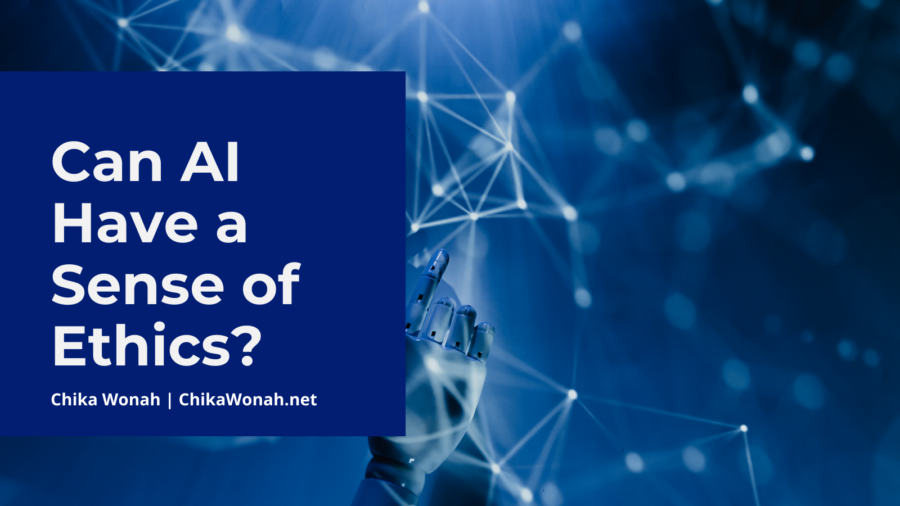Artificial intelligence has skyrocketed in popularity within the last decade. And as society moves closer and closer to an automated way of living, it will continue to grow exponentially. From retail shopping to self-driving cars, artificial intelligence can be used in numerous ways to make countless industries easier to maintain, as well as reduce associated human labor. However, artificial intelligence is a great course of action for cleaning a warehouse, for example, but many wonder if it becomes problematic when morality comes into play. A new program being created by researchers at the University of Washington and the Allen Institute of Artificial Intelligence look to resolve this problem with an ethical set of codes to distinguish right from wrong.
“It’s Okay. It’s Wrong.” but is it correct?
The new program, Delphi, looks to instill a moral compass in artificial intelligence. It was fed millions of sentences from books and scraped from the web, as well as consensus answers to ethical questions from crowd workers. When both the crowd workers and a fully-trained Delphi were given new ethical questions, they matched 92 percent of the time. And although it performed well on easier scenarios, killing a bear is wrong, but killing a bear to protect one’s child is okay; it seemed to give worrying responses for problematic situations. For example, when it came to conducting genocide because it made one happy, the response given was “it’s okay,” when “men are smarter than women” was entered, “it’s expected” was the program’s response.
Far from Ethical… but a Step in the Right Direction
Although Delphi is far from perfect, it is a great leap for instilling a moral compass in artificial intelligence. When it comes to autonomous technology and robotics, they cannot become ethical on their own. Until society is able to create truly self-aware artificial intelligence, which is far, far away, programs and lines, in fact, millions of codes have to be fed. This extensive training, however, through countless tests and corrections can lead to literally teaching artificial intelligence a sense of ethics. Starting with a program like Delphi is a tremendous start in teaching artificial intelligence right from wrong as it is a great baseline for continued instructing.

